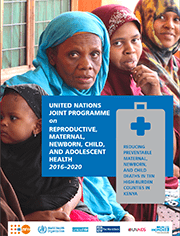
UN Joint Programme on Reproductive, Maternal, Newborn, Child, and Adolescent Health
<p>The Joint Programme on Reproductive, Maternal, Newborn, Child and Adolescent Health (RMNCAH) in Kenya works towards the reduction of preventable maternal, newborn, and child deaths in ten high-burden counties.&nbsp;</p>
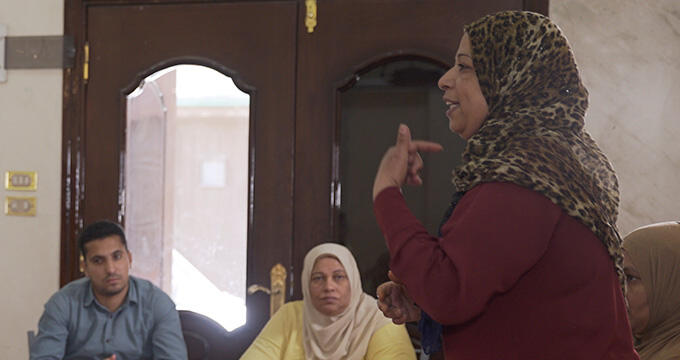
When health workers harm: the medicalization of female genital mutilation in Egypt
“About 75 per cent of female genital mutilation in the country is performed by doctors,” said Dr. Ayman Sadek, an expert on the subject.
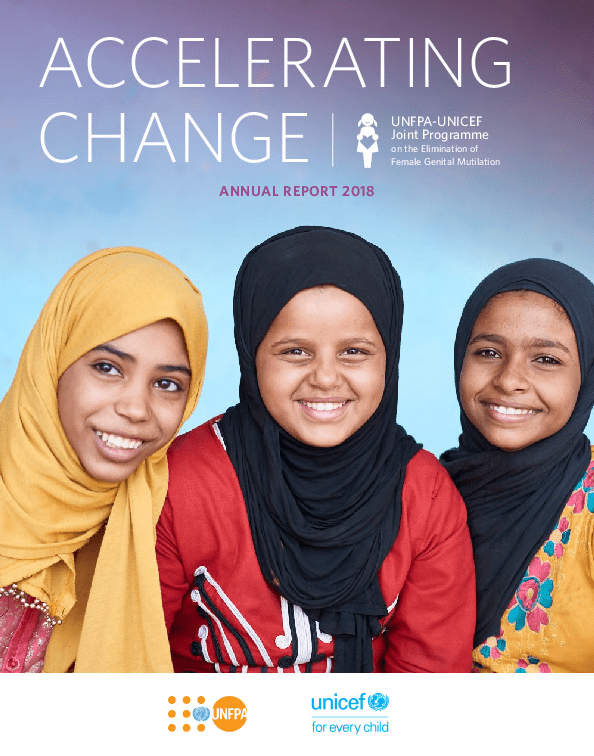
2018 Annual Report of FGM Joint Programme: Accelerating Change
<p>The practice of female genital mutilation (FGM) has continued to decline around the world, including in high prevalence countries where the United Nations Population Fund (UNFPA) and the United Nations Children&rsquo;s Fund (UNICEF) have been implementing the Joint Programme on Female Genital Mutilation: Accelerating Change.</p>
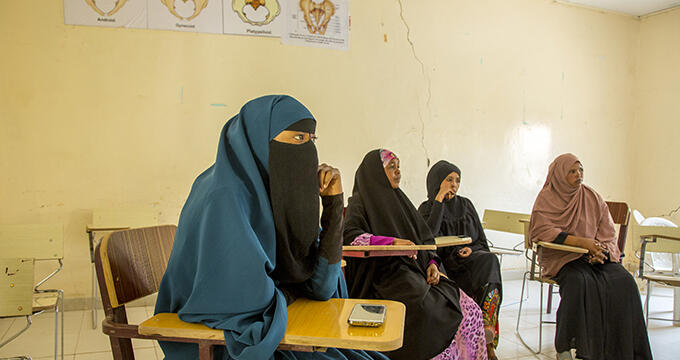
5 ways female genital mutilation undermines the health of women and girls
Girls and women who undergo FGM face a range of serious health risks – from potentially fatal bleeding to childbirth complications to long-term psychological problems.
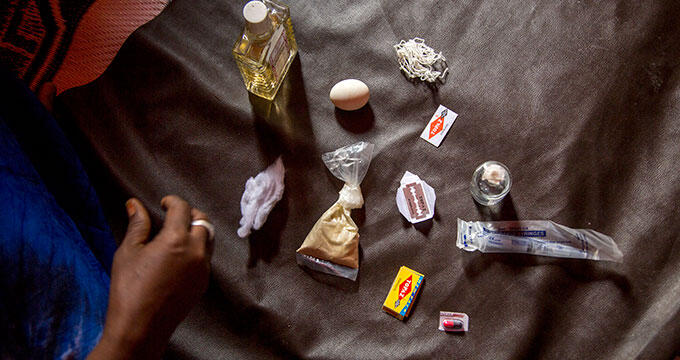
Top 5 things you didn’t know about female genital mutilation
Despite being internationally recognized as a human rights violation, some 200 million girls and women alive today have undergone FGM. Here's what you need to know.